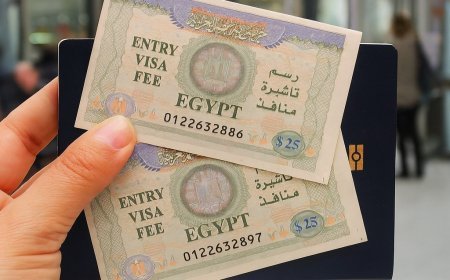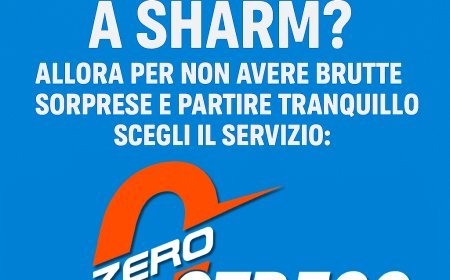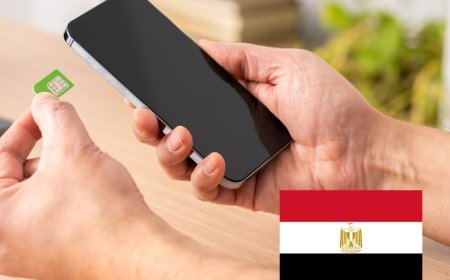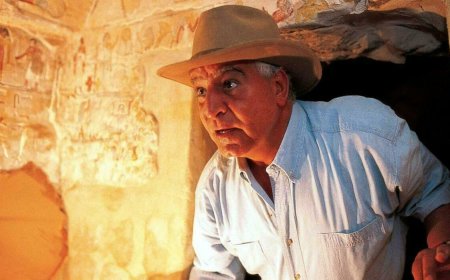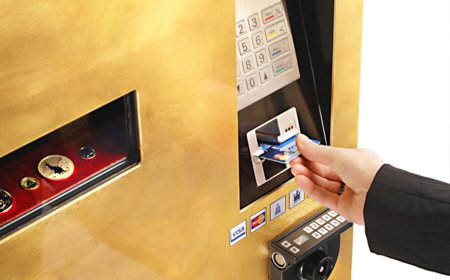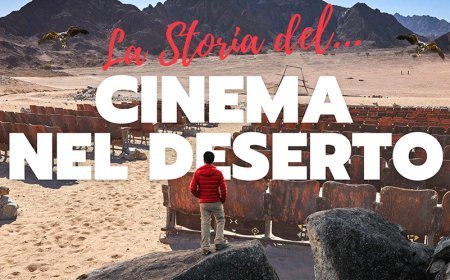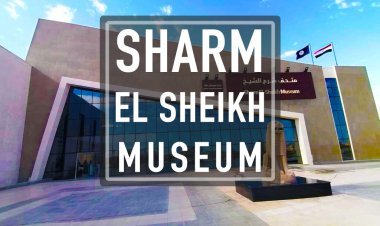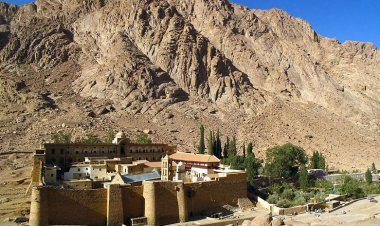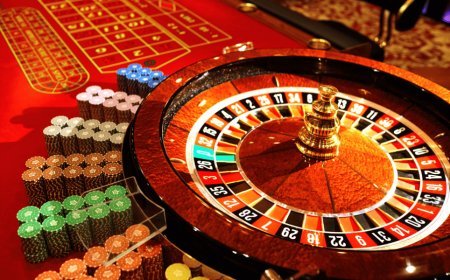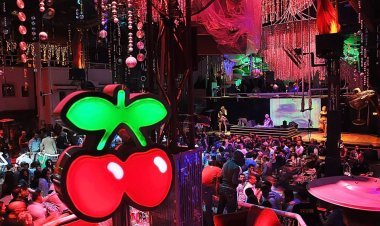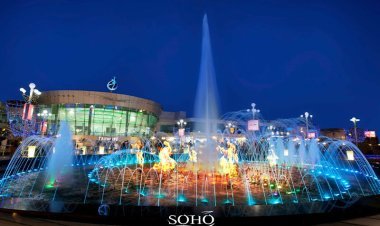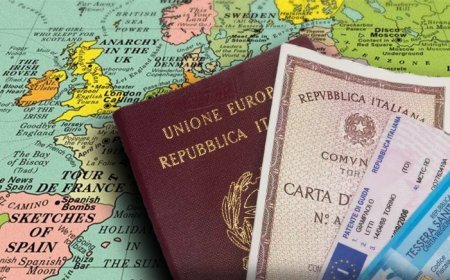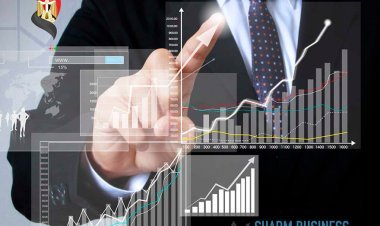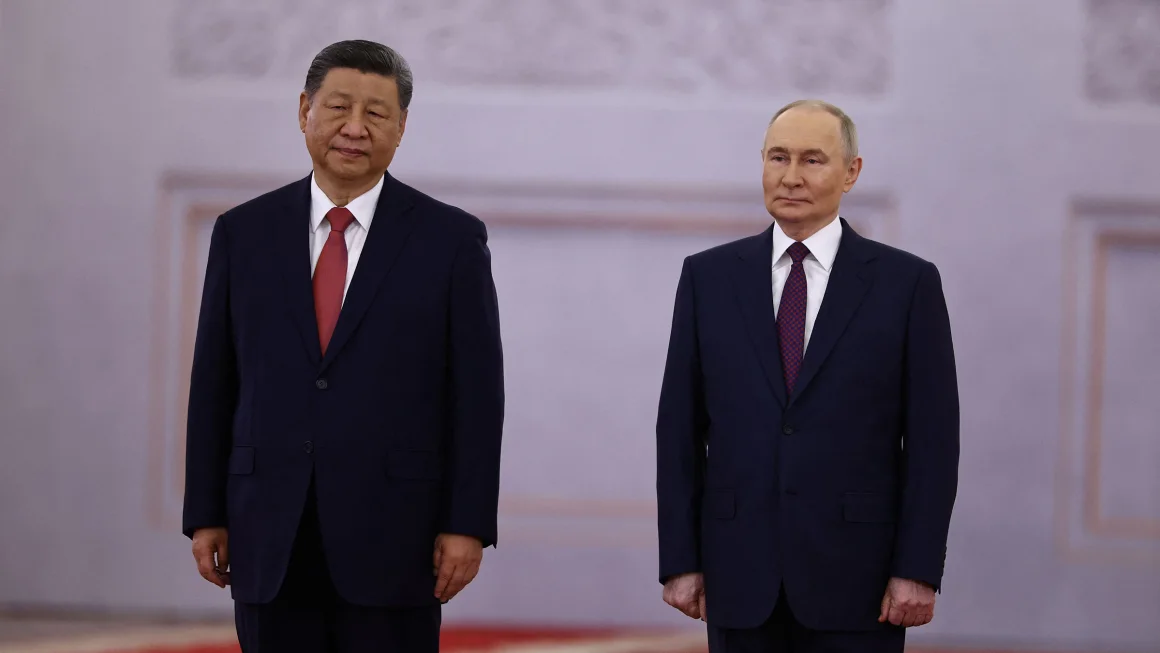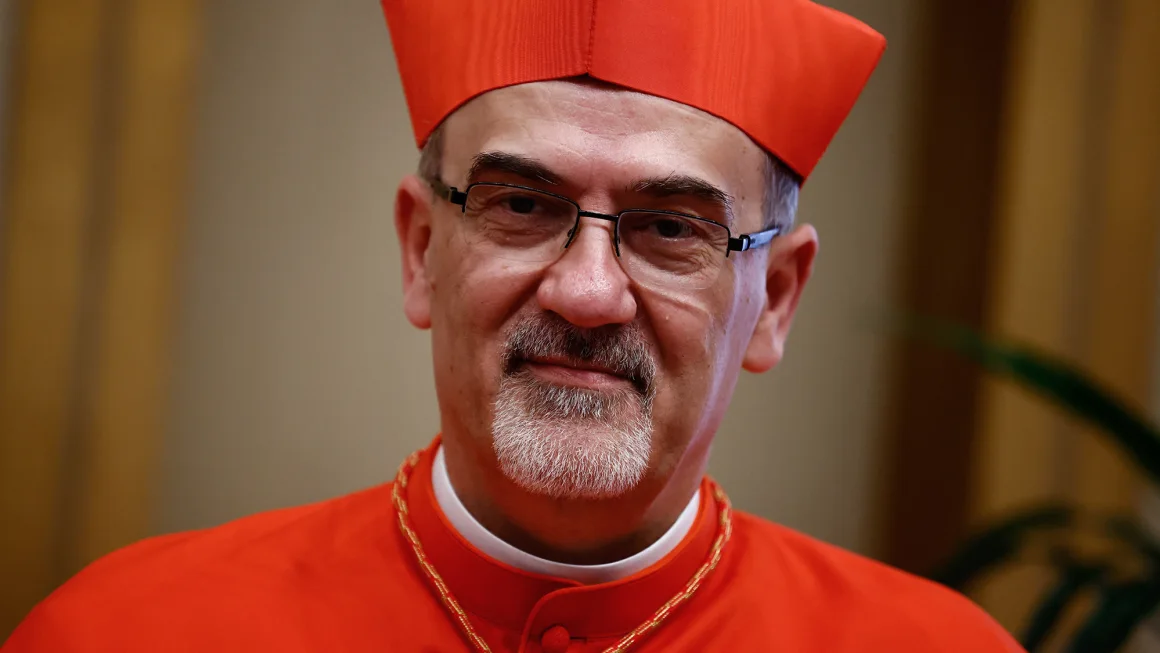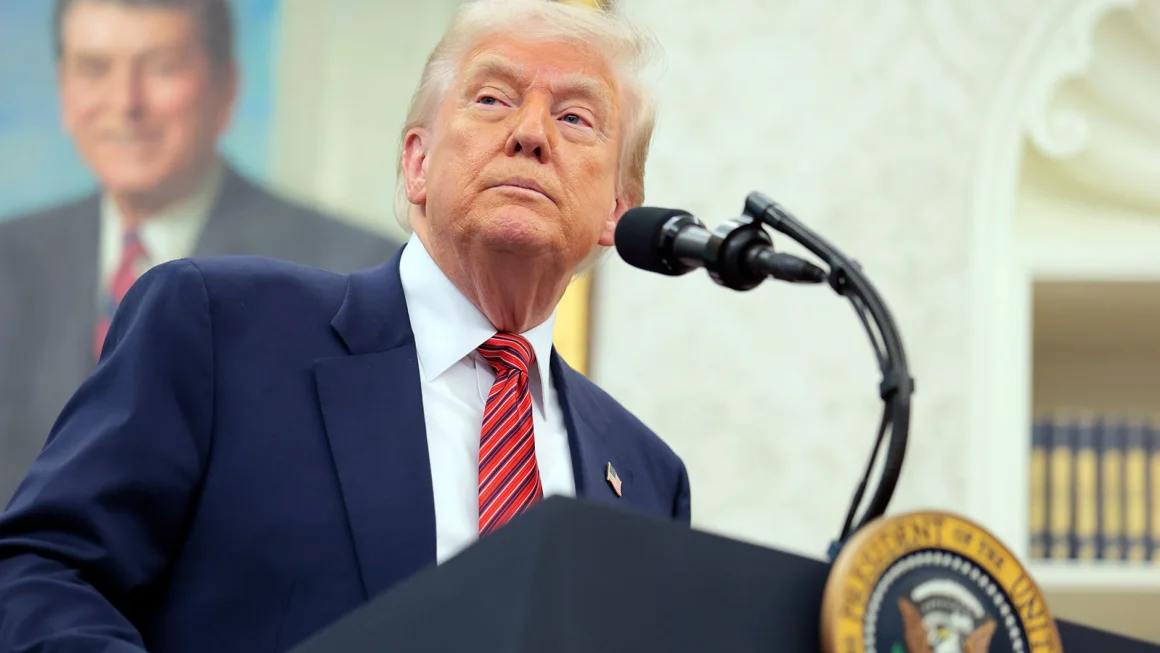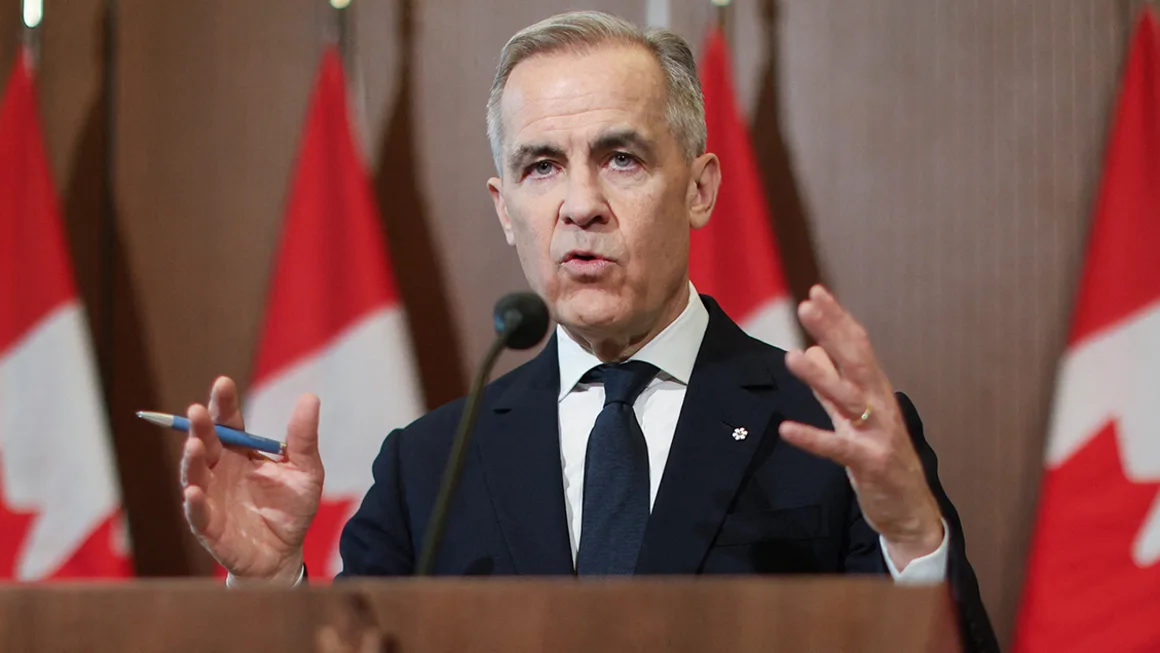Nobel Prize in physics awarded to John Hopfield and Geoffrey Hinton for work on artificial intelligence
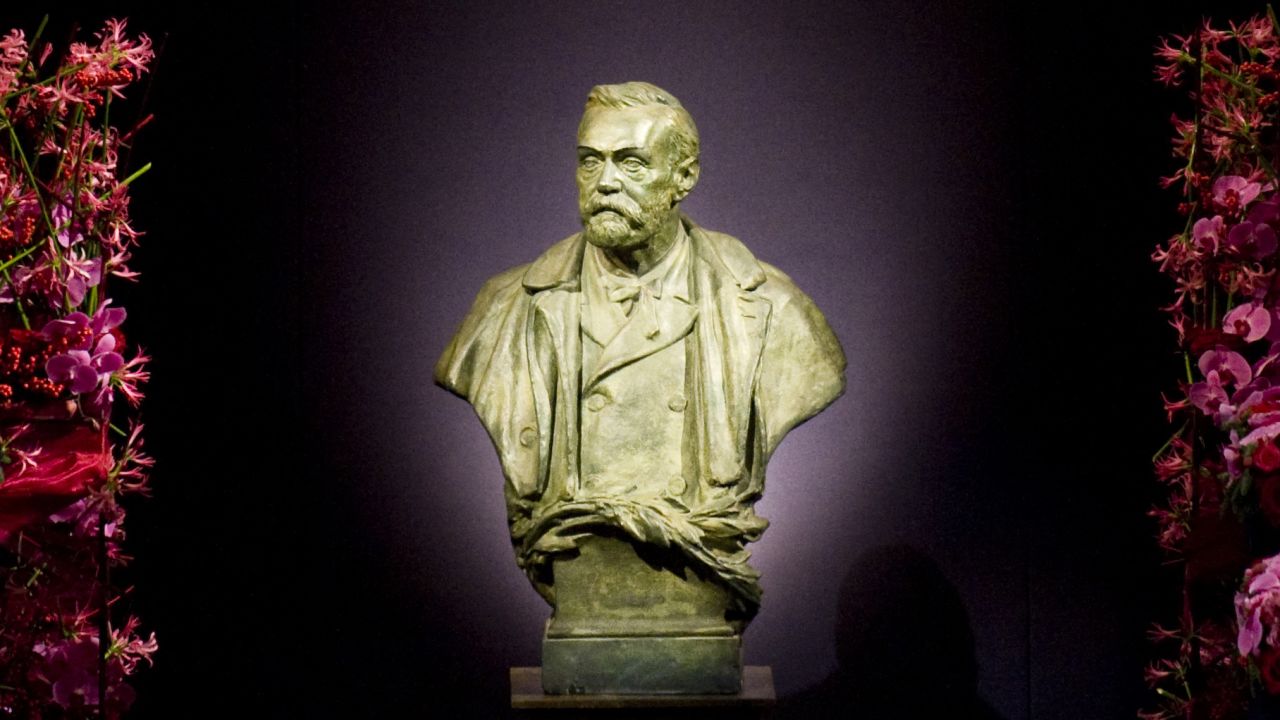
“Although computers cannot think, machines can now mimic functions such as memory and learning. This year’s laureates in physics have helped make this possible,” the Nobel Committee said in a statement.
The committee announced the prestigious honor, seen as the pinnacle of scientific achievement, in Sweden on Monday. The prize carries a cash award of 11 million Swedish kronor ($1 million).
Hopfield at Princeton University and Hinton at the University of Toronto were praised for laying the foundations for the machine learning that powers many of today’s products.
“Using fundamental concepts and methods from physics, they have developed technologies that use structures in networks to process information,” the committee said. This has caused the development of machine learning to “explode” over the past two decades, it added.
Hinton, who has been dubbed the “godfather” of artificial intelligence (AI), said he was “flabbergasted” to receive the prize.
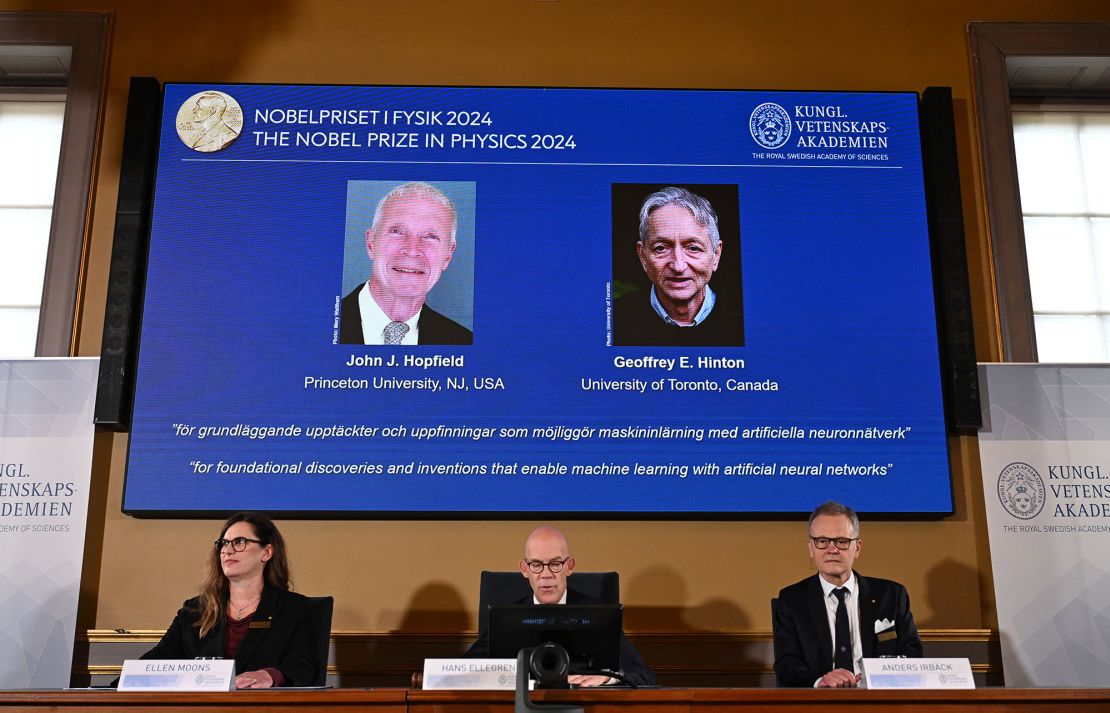
Asked by reporters about the potential significance of the technology his research has helped to develop, he said AI will have a “huge influence” on our societies.
“It will be comparable with the industrial revolution. But instead of exceeding people in physical strength, it’s going to exceed people in intellectual ability. We have no experience of what it’s like to have things smarter than us,” he said in a phone interview after the announcement.
Hinton predicted the technology would revolutionize things such as healthcare, leading to a “huge improvement in productivity.”
“But we also have to worry about a number of possible bad consequences, particularly the threat of these things getting out of control,” he cautioned.
Thanks to the laureates’ work, AI has “become part of our daily lives,” from facial recognition to language translation, said Ellen Moons, chair of the Nobel Committee for Physics.
“The laureates’ discoveries and inventions form the building blocks of machine learning that can aid in making faster and more reliable decisions, for instance when diagnosing medical conditions,” Moons said.
Mimicking the brain
AI has become shorthand for machine learning using artificial neural networks. This technology – developed by Hopfield and Hinton – is based on the structure of the brain.
Whereas a brain has neurons, an artificial neural network has nodes with different values. Whereas the brain’s neurons communicate with each other through synapses, artificial nodes influence each other through connections. You can train an artificial neural network by developing stronger connections between the nodes, just like you can train the brain.
Just as we can wrack our brains for a particular word or fact we rarely use and only dimly remember, artificial neural networks can also search back through the patterns it has saved – thanks to the invention of the Hopfield network in 1982.
“The network that Hopfield built has nodes that are all joined together via connections of different strengths. Each node can store an individual value – in Hopfield’s first work this could either be 0 or 1, like the pixels in a black and white picture,” the committee said, detailing the duo’s work.
After Hopfield published his research, Hinton expanded it using ideas from statistical physics and developed the earliest form of machine learning, called the “Boltzmann machine.”
Since the 1980s, the networks have swelled in size. Whereas Hopfield used a network with just 30 nodes – with fewer than 500 parameters linking them – today’s networks can contain more than one trillion parameters.
Unlike traditional software, which is akin to following a recipe to bake a cake, an artificial neural network is able to learn by example – drawing on prior knowledge to create new recipes.
Whistleblower
As well as being an AI pioneer, Hinton has also urged caution around the technology. In May 2023, he left his role at Google and decided to “blow the whistle” after worrying about how smart it was becoming.
“I’m just a scientist who suddenly realized that these things are getting smarter than us,” Hinton told CNN last year. “I want to sort of blow the whistle and say we should worry seriously about how we stop these things getting control over us.”
He warned that AI “knows how to program so it’ll figure out ways of getting around restrictions we put on it. It’ll figure out ways of manipulating people to do what it wants.”
During Tuesday’s announcement ceremony, Hinton was asked whether he regrets his work to help create the technology he fears could cause great harm, despite its many potential benefits.
“There’s two kinds of regrets. There’s regrets where you feel guilty because you did something you knew you shouldn’t have done, and then there’s a regret where you did something that you would do again in the same circumstances, but it may in the end not turn out well,” Hinton said.
“That second kind of regret I have. In the same circumstances I would do the same again, but I am worried that the overall consequence of this might be systems more intelligent than us that eventually take control.”
The post Nobel Prize in physics awarded to John Hopfield and Geoffrey Hinton for work on artificial intelligence appeared first on Egypt Independent.
What's Your Reaction?
 Like
0
Like
0
 Dislike
0
Dislike
0
 Love
0
Love
0
 Funny
0
Funny
0
 Angry
0
Angry
0
 Sad
0
Sad
0
 Wow
0
Wow
0
